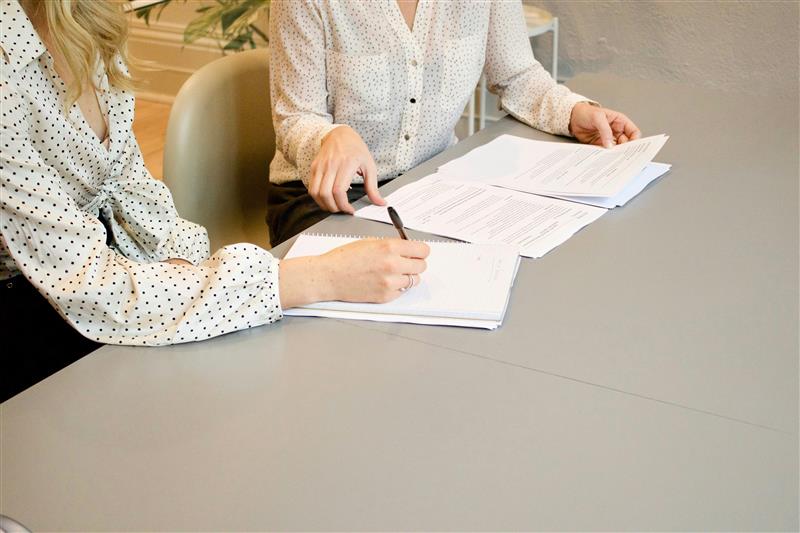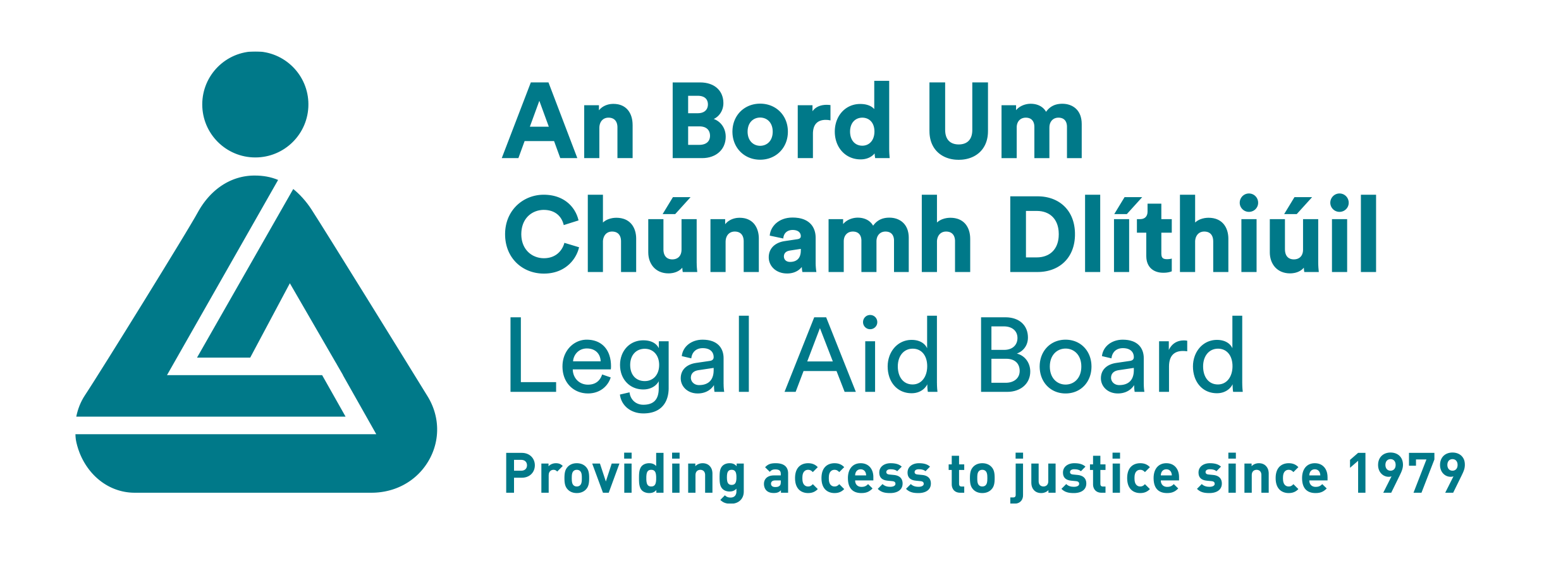
Who We Are
We are the Legal Aid Board - an independent, publicly funded organisation providing civil legal aid and advice, family mediation services, and administering three ad-hoc legal aid schemes connected with criminal matters.
The Board consists of a chairperson and ten other members. They are appointed by the Minister for Justice and Equality and have a five-year term of office.
We have a Chief Executive and approximately 450 staff in 48 offices across the country.
We have been in existence since 1979. Before the Civil Legal Aid Act 1995 was enacted, we provided services under an administrative scheme of civil legal aid and advice.
What we do
We were established by the Oireachtas under the Civil Legal Aid Act 1995 to provide civil legal aid and advice to persons unable to afford a solicitor. Since 2011 we also provide family mediation services.
Our role in relation to criminal legal aid
We manage and administer three ad-hoc schemes:
- The Garda Station Legal Advice Revised Scheme
- The Legal Aid – Custody Issues Scheme
- The Criminal Assets Bureau Ad-hoc Legal Aid Scheme
Our criminal legal aid section is located at 48-49 North Brunswick Street, Georges Lane, Smithfield, Dublin D07 PE0C.
Our Mission
Our mission is to assist in the resolution of disputes through family mediation where possible and appropriate, and to ensure that the civil legal system is available to all citizens who are eligible. We provide expert legal services to clients of modest means and family mediation services to all through local Law and Mediation Centres, which are based in the communities they serve.
Our Vision
Our vision is to ensure that those entitled to our services are provided with them in a responsive, professional, caring, and dynamic manner.
History of the Legal Aid Board
Since its inception following the 1977 Pringle Report, which recommended a comprehensive civil legal aid system, the Legal Aid Board has played a vital role in ensuring access to justice in Ireland. The European Court of Human Rights affirmed this right in 1979, and later that year, the Board was formally established. Over the decades, the Board has expanded significantly - opening its first law centres in 1980, introducing State-funded family mediation in 1986, and taking on major legislative changes like judicial separation and divorce laws in the 1990s. It extended support to asylum seekers in 1999, and later to victims of human trafficking and sexual assault. Family mediation became a statutory service, and the Board began managing key criminal legal aid schemes. More recently, the Abhaile scheme was launched to help those facing home repossession. Today, the Legal Aid Board operates 38 full-time and 6 part-time offices across the country, continuing its mission to provide fair and accessible legal services to those who need them most.

